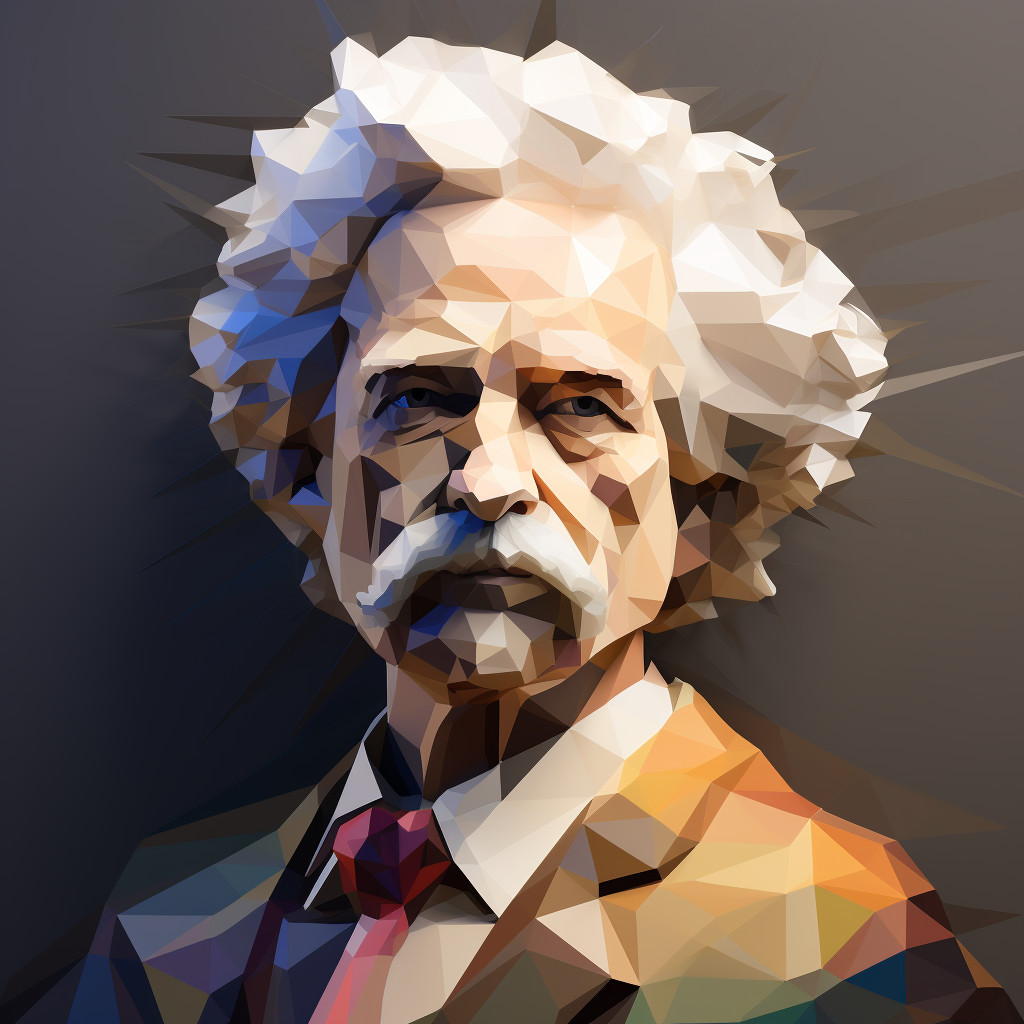Mark Twain’s quote, “Ideally a book would have no order to it, and the reader would have to discover his own,” is a profound statement about the nature of literature and the reading process. It suggests that the most enriching reading experiences are those that are not neatly structured or easily deciphered, but rather those that require the reader to actively engage, interpret, and find their own meaning.
This perspective challenges the conventional approach to storytelling, which typically involves a clear beginning, middle, and end. Twain suggests that a book without a set order allows each reader to have a unique experience, as they must piece together the story or the message themselves. This process of discovery can lead to a deeper understanding and appreciation of the text.
Applying this idea to today’s world, it can be seen in the rise of non-linear narratives in various media, such as movies, video games, and even interactive books. These narratives don’t follow a straightforward path, but rather allow the audience to influence or choose the direction of the story. This active engagement can make the experience more immersive and personal.
In terms of personal development, Twain’s quote can be seen as a metaphor for life. Just as a book without order requires the reader to find their own path, life does not come with a predetermined plan. Each individual must discover their own path, make their own choices, and find their own meaning. This process of self-discovery and personal growth is often challenging and unpredictable, but it is also what makes each person’s journey unique and valuable.






